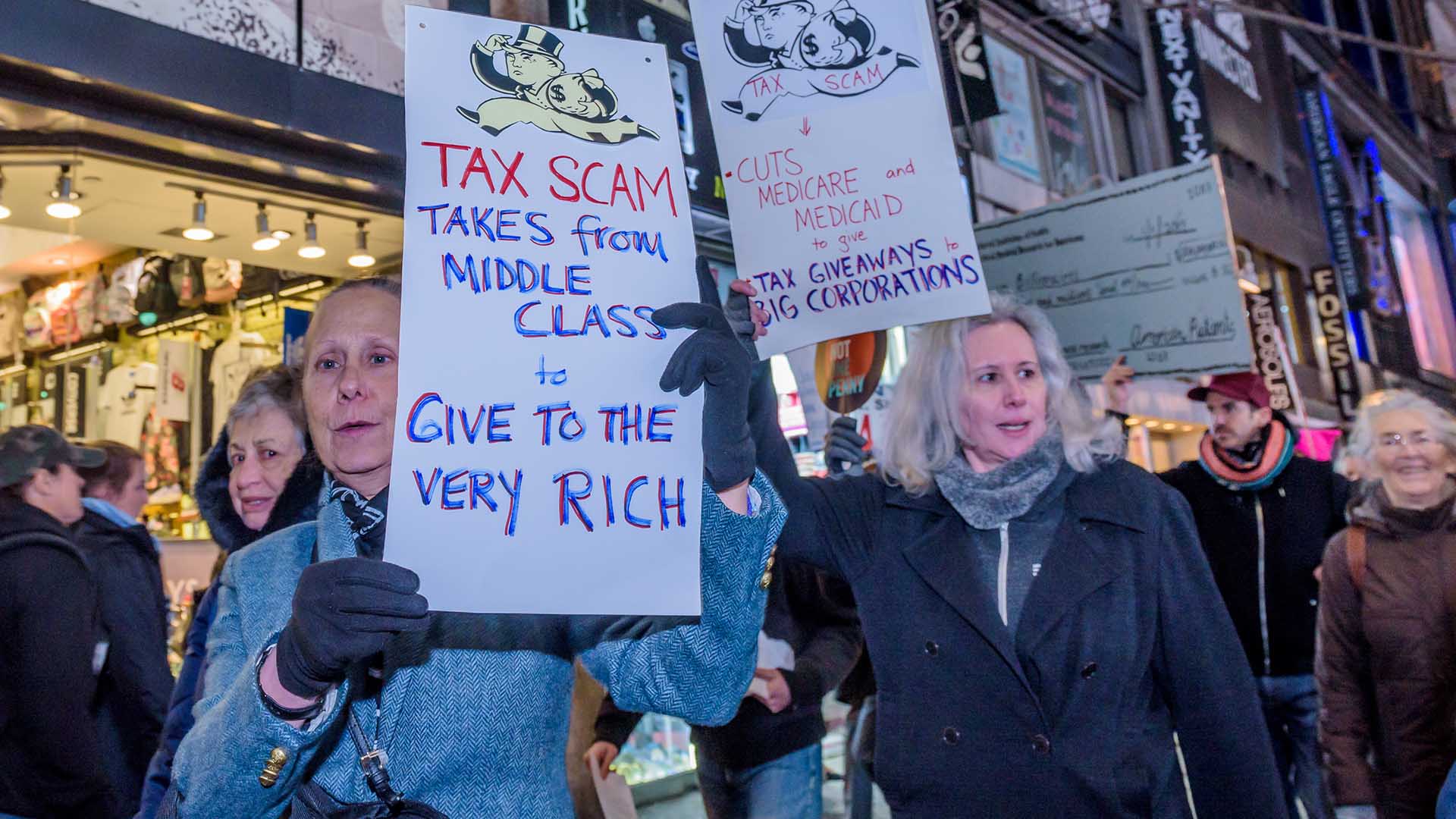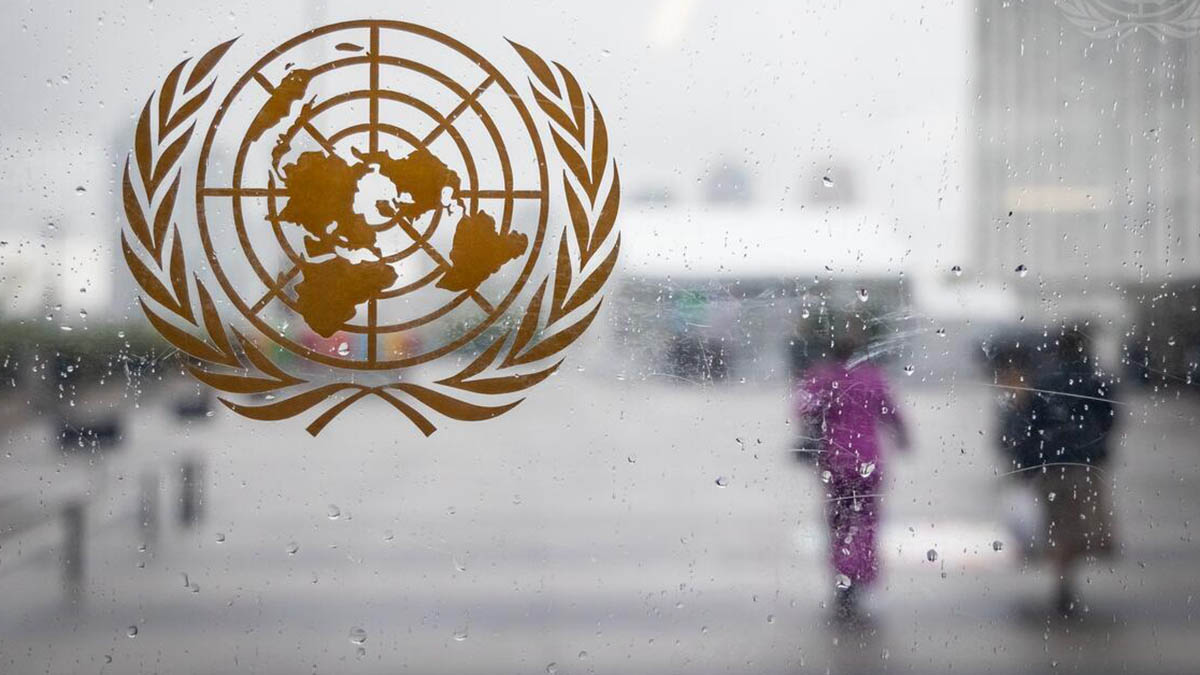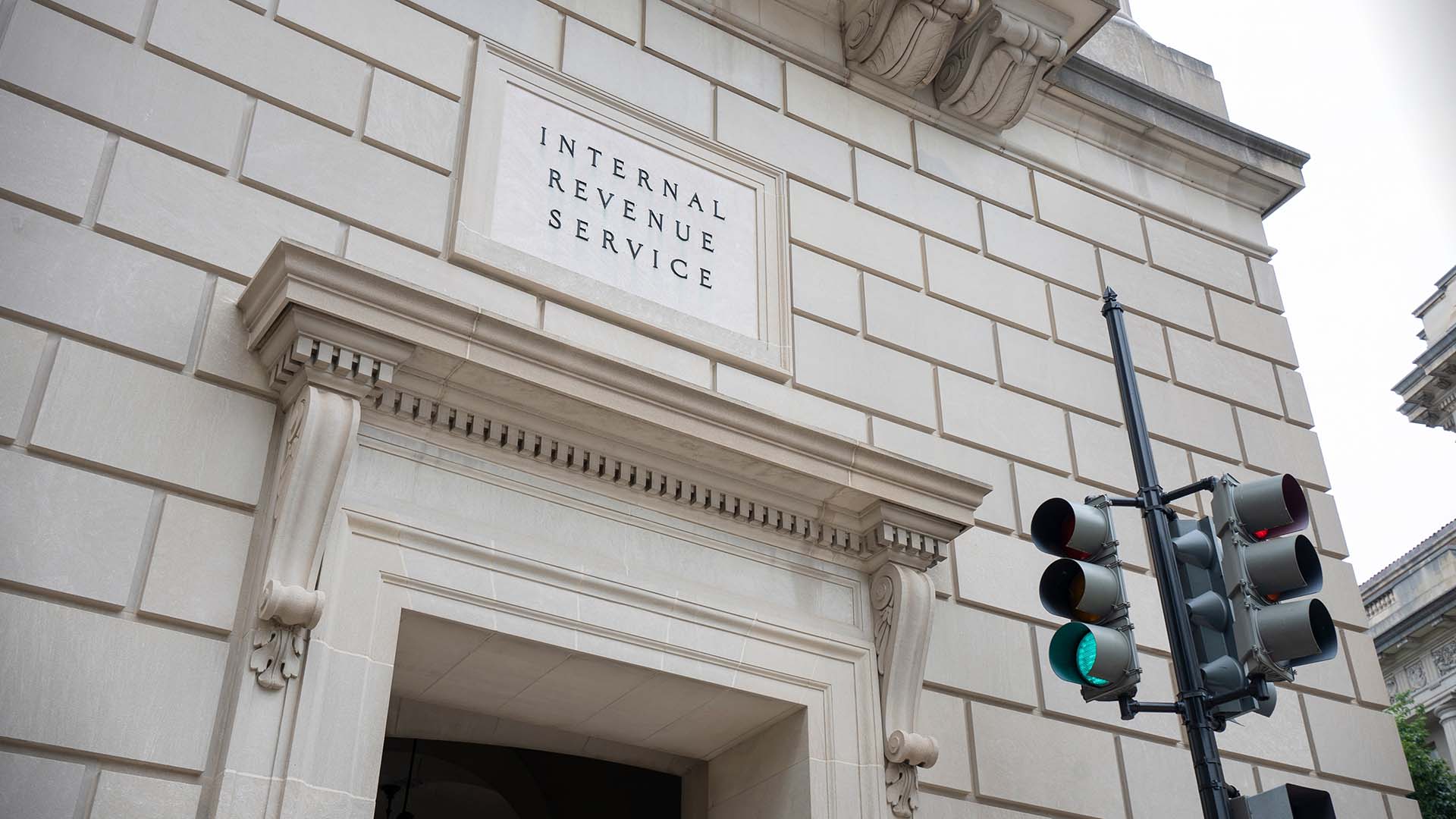Following years of global tax scandals, including ICIJ’s Paradise Papers and Pandora Papers investigations, a global accountants’ ethics board has released a new set of standards for tax professionals, aimed at rebuilding public and institutional trust in the tax planning industry.
The International Ethics Standards Board for Accountants, or IESBA, published an update to its ethics guidelines last week, incorporating for the first time advice that urged accountants and other tax professionals to take public interest into account when working on tax planning for clients.
The new standards come in response to multiple public scandals involving tax avoidance schemes perceived as “aggressive” and harmful to the public interest, IESBA said in its announcement materials, citing ICIJ’s global investigations.
“The standards establish a clear framework of expected behaviors and ethics provisions for use by all professional accountants, and respond to public interest concerns about tax avoidance and the role played by consultants in light of revelations in recent years such as the Paradise and Pandora Papers,” the IESBA said.
In 2017, the Paradise Papers investigation revealed how over 100 multinational corporations, such as Nike and Apple, dodged taxes by shifting money offshore. Four years later, the Pandora Papers investigation pulled back the curtain further, revealing a seedy underworld of global tax evasion and money laundering.
Guidelines intend to encourage tax professionals to look beyond the letter of the law by using IESBA’s “principles-based framework and a global ethical benchmark,” according to the report.
“As scandals in recent years have shown, though some behaviors may be legal under the letter of the law in certain jurisdictions, the ‘grey area’ of tax is not always the ethical way forward,” Gabriela Figueiredo Dias, IESBA Chair, said in the release.
IESBA guidelines are used in over 130 jurisdictions and have been adopted by more than 30 of the largest accounting firm networks. IESBA conducted public outreach and held global roundtables with senior-level stakeholder representatives from 2021 to 2023.
Though getting the ethical guidelines on paper is an important step, Sean Bray, the director of European policy for U.S.-based think tank Tax Foundation, told ICIJ, “public pressure and corporate incentive to do the right thing” may ultimately play a bigger role in curbing tax avoidance.
“It is not only up to the tax planner or the company’s board to take good care of the tax system. It is also up to policymakers to understand how their tax laws are designed and what grey areas they are creating,” he said.
Bray told ICIJ that tax systems that adhere to the principles of simplicity, transparency, neutrality and stability “naturally limit” tax avoidance and lessen the ethically ambiguous decisions that tax planners and accountants must back.
“The more principled the system, the less grey area there will be. When there is grey area, hopefully these new standards will guide tax accountants in the right direction,” Bray said.
The new IESBA guidelines will take effect July 1, 2025.







